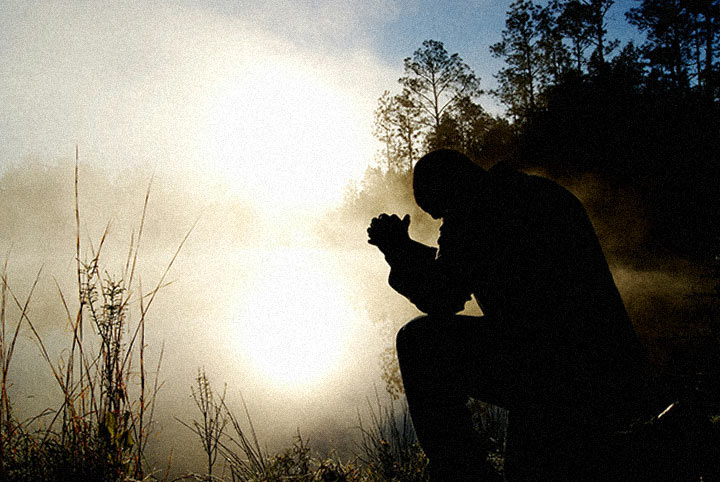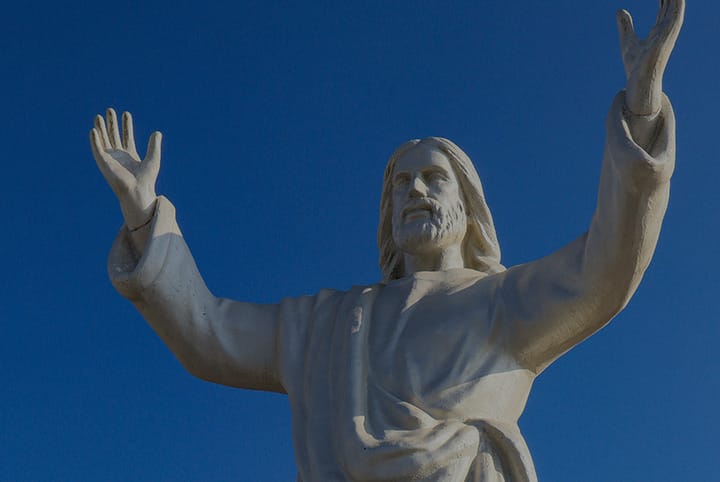In the midst of a world that often neglects truth and justice, Psalm 9 emerges as a song of remembrance. A psalm that not only remembers who God is, but also states emphatically that God never forgets his people, especially those who are oppressed, forgotten, and cry out in humility.
The psalmist affirms that God does not forget the cry of the oppressed. In the perspective of faith, suffering is not the end, but rather an invitation to hope in God who "lifts from the gates of death" (verse 14). This call is not just a hope for salvation, but a desire for life to be a testimony, “that I may tell of your praiseworthy deeds” (verse 15). Salvation is not an end in itself, but a means for God's glory to be revealed through our lives. Praising God is not just an emotional response, but an existential act. An act that shows that human life finds its meaning when it is directed back to the Creator.
Continuing, the Psalmist also saw that the nations who resisted God fell into the pit they dug for themselves. It's ironic that their evil plans paved the way for their own condemnation. Theologically, this is both a comfort and a warning. No evil is truly hidden, and no righteousness is truly in vain. God remains enthroned and known through the judgment he executes.
Friends of the Bible, while the world easily forgets the weak, God remembers. In the understanding of the faith of the Israelites of that time, remembering was not just an activity of the mind, but a concrete act of love. When God remembers, He acts. This is a source of strength for each of us who feel neglected, our prayers are never in vain. Our hope will not be forever deferred. It may be delayed, but it is not forgotten.

























